安倍首相のイスラエルへの前向きな取組みと外務省のアプローチに大きな違い
エブラハム・クーパー、徳留絹枝、テッド・ゴーヴァー
2020年10月5日
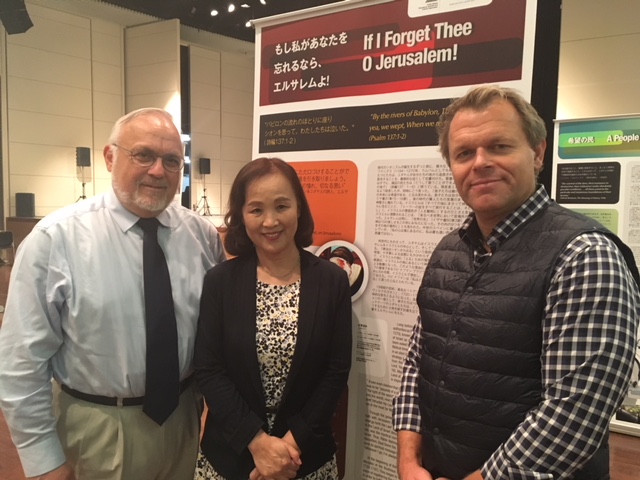
Rabbi Abraham Cooper, Kinue Tokudome, Ted Gover
日本の新首相である菅義偉氏は、前任者の安倍晋三氏の中東政策の遺産を受け継ぎさらに発展させるとともに、日本の中東政策に必要な幾つかの変更を実施する機会に恵まれています。
日本は30年近くにわたり、ヨルダン川西岸とガザのパレスチナの人々への経済的・社会的開発援助を通じ、中東で重要な役割を果たしてきました。 1993年以来、日本は、農業・経済開発・難民支援・医療サービスを促進するパレスチナのプログラムに、$1.7 billion(約1,800憶円)以上を惜しみなく寄付してきています。
これらの重要なイニシアチブが、パレスチナの多くの人々の生活の質を改善させるのに役立ったことは、疑いありません。
さらに安倍首相のリーダーシップの下、日本は、イスラエルの人々への経済的および地政学的関与を拡大しました。 2015年に安倍首相がイスラエルのヤドヴァシェムホロコースト記念館で行った歴史的なスピーチは、日本と世界中のユダヤ人コミュニティとの間の信頼を高め、日本が中東においてさらに大きく、よりバランスの取れた役割を果たす契機となりました。
しかし、近年の日本のイスラエルへの友好的働きかけが歓迎すべき進展である一方、それは、日本の国連におけるイスラエルに関する公式の立場と一致していません。入植地問題からガザの緊張、ゴラン高原領有問題に至るまで、国連における日本の外交姿勢は、日本ともイスラエルとも価値観を共有しないレジームと協調し合うものです。
安倍政権下では、彼のイスラエルへの前向きな関与と、外務省のユダヤ人国家に対する非協力的政治姿勢との間に、著しい違いがありました。安倍首相のイスラエルに対する前向きな取り組みと外務省の中東に対する時代遅れのアプローチとの明白な違いは、この地域の地政学的な利害関係と新しい現実を考えるとき、懸念の材料でした。
菅首相の新政権には、この状態に必要な修正を加える機会が与えられています。今がそのタイミングです。
ここ数ヶ月、中東の力学は大きく変化しました。イランの相変わらずの好戦的姿勢とパレスチナの頑なさの中にあって、イスラエルは、アラブ首長国連邦とバーレーン王国と歴史的な和平協定を結びました。これらの協定は、アラブ人とユダヤ人の間に無限の可能性を解放しつつあります。そして日本の外務省にも、時代に合った新しいアプローチを採用するよう、働きかけることが期待されています。
重要なことは、イスラエルに対する外務省の見解が、両国が民主主義と自由市場経済を標榜し、利益と価値観を共有している事実と矛盾していることに、気付くことです。たとえば、両国間で拡大する商業関係を考えてみましょう。当初それほどではなかったものの、近年の日本とイスラエルの企業間の関係は、特にハイテク、サイバーセキュリティ、健康医療、観光の分野で飛躍的に拡大しています。
イスラエル企業が、両国の共通する価値観、また中国とイランの新しい軍事および貿易パートナーシップに関する懸念から、中国よりも日本とのビジネスを好むことは、言及に値します。
日本とイスラエルは、他にも共通の敵に直面しています。北朝鮮です。北朝鮮が日本人を拉致し、その領空を越えてミサイルを発射する犯罪は広く知られていますが、北朝鮮は何十年もの間、さまざまな方法でイスラエルに敵対してきました。
菅政権は、イスラエルに対する見方を再検討し、進行中の不安定な地政学的状況を考慮する必要があります。たとえば、日本の外交官は、イスラエルが領土の一部として扱うゴラン高原を、紛争地域ではなく、シリアのアサド大統領が所有する土地として扱い続けるべきなのでしょうか。
日本の外交官が国連人権理事会で、イスラエルが、国際的に認められた境界線を、自国の平和なコミュニティを狙うテロ攻撃から守ろうとするのを糾弾することは、正しいのでしょうか?
日本の外務省も、竹島/独島を巡って韓国と、尖閣諸島/釣魚島をめぐって中国と、北方領土/南千島列島を巡ってロシアとなど、主張が重複する自国の領土と海域も含み、侵されてはならない権利の正当性を信じているではないですか。
日本の指導者たちは、中国とロシアの爆撃機による領空への頻繁な侵入や、沖縄海域への中国の潜水艦の侵入についても、当然のことながら懸念しています。
その他に焦点を当てるべき問題は、この地域における外務省の援助政策です。
日本政府が何十年にもわたり中東に寛大な援助を行ってきたことは称賛されるべきです。最新の援助提供は、国連難民救済事業機関(UNRWA)への2,240万米ドル(約24億円)でした。しかしそれらの援助金が、問題の多いプログラムにも流用されているのです。
これらの援助の一部は多くの場合、ハマスが統率する‶教育者"が殉教(つまりテロリズム)を称賛し、社会の教科書の地図にイスラエルが無いようなカリキュラムでパレスチナの子供たちを教育する組織に、提供されます。
日本の人々は世界の平和を支援し続けるでしょうが、その受益者の中には、ハマスのような彼らの価値観を共有しない者もいることを、認識しなければなりません。
新政権が中東における新しい進路を切り開こうとする今、菅首相は、外務省のイスラエルへのアプローチを変えることで、近年の画期的な成果をさらに発展させることができます。外務省のイスラエル政策のリセットが行われなかった場合、日本人とユダヤ人を近づけた安倍首相の歴史的業績で得られたものが、失われてしまう危険があります。
日本に新しい指導者が誕生した今は、イスラエルとその近隣諸国に対しより実用的で公平なアプローチを採用するよう、外務省を新しい方向に導く絶好の機会です。
*エブラハム・クーパー師はサイモン・ウィーゼンタール・センター副館長
徳留絹枝は「ユダヤ人と日本 Jews and Japan (@JewsandJapan) 」の管理者
テッド・ゴーヴァ―はカリフォルニア州クレアモント大学院大学で教鞭を
とり、サイモン・ウィーゼンタール・センターのアドバイザー
オリジナルはAsia Times に掲載
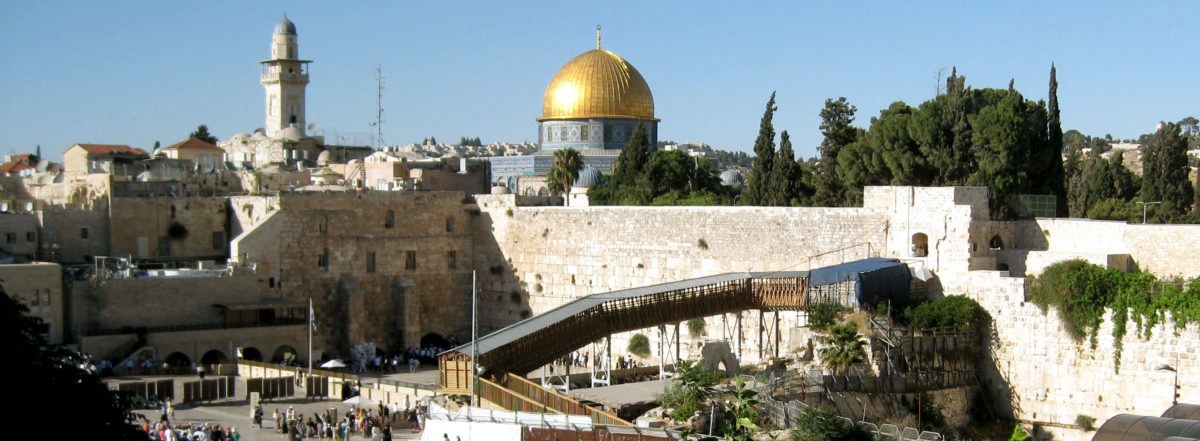
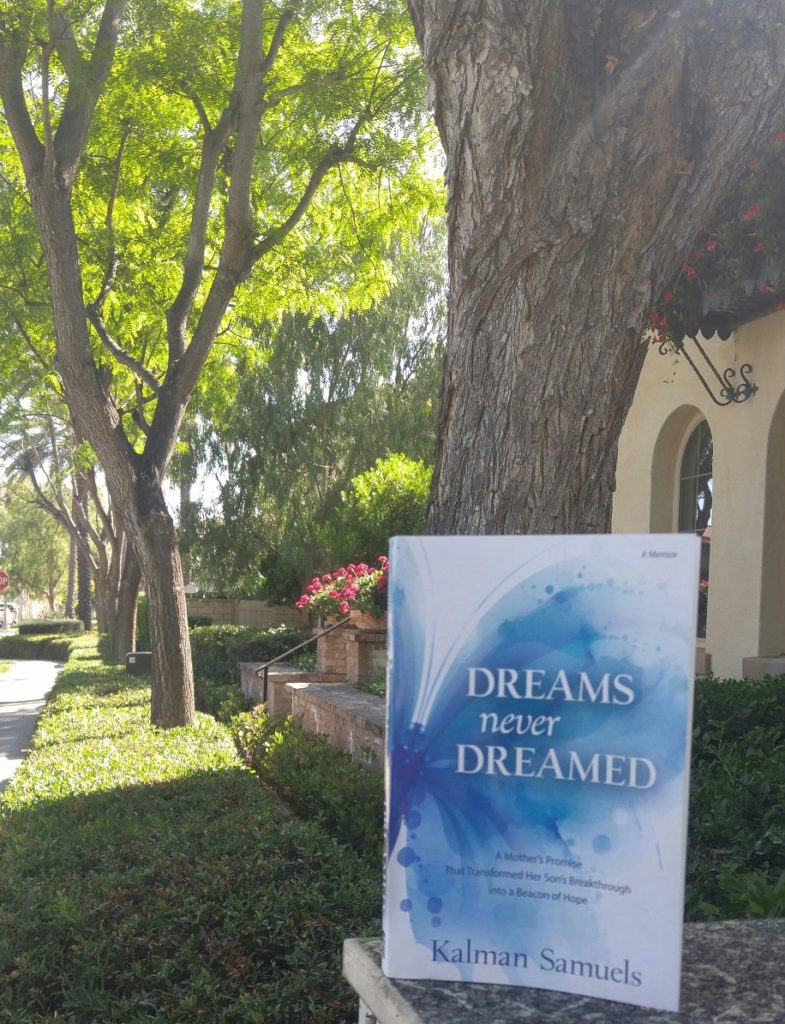
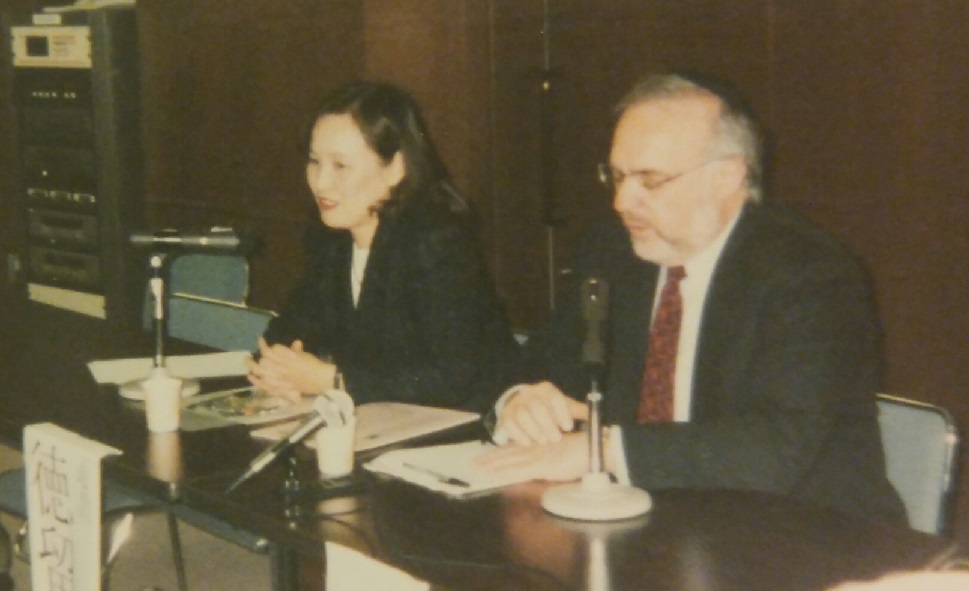
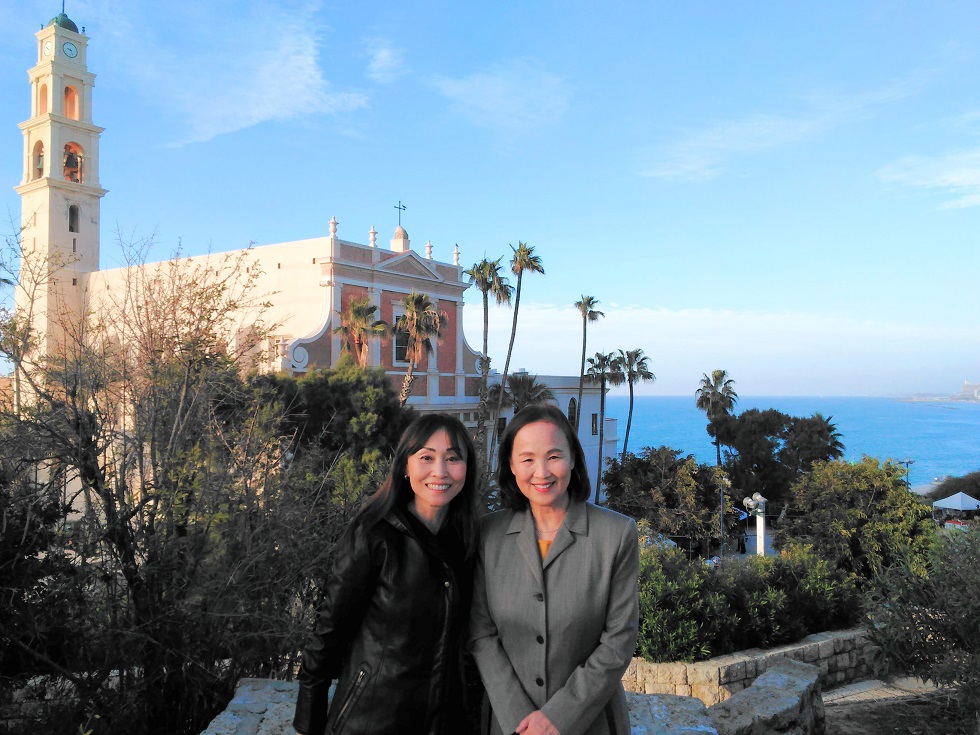
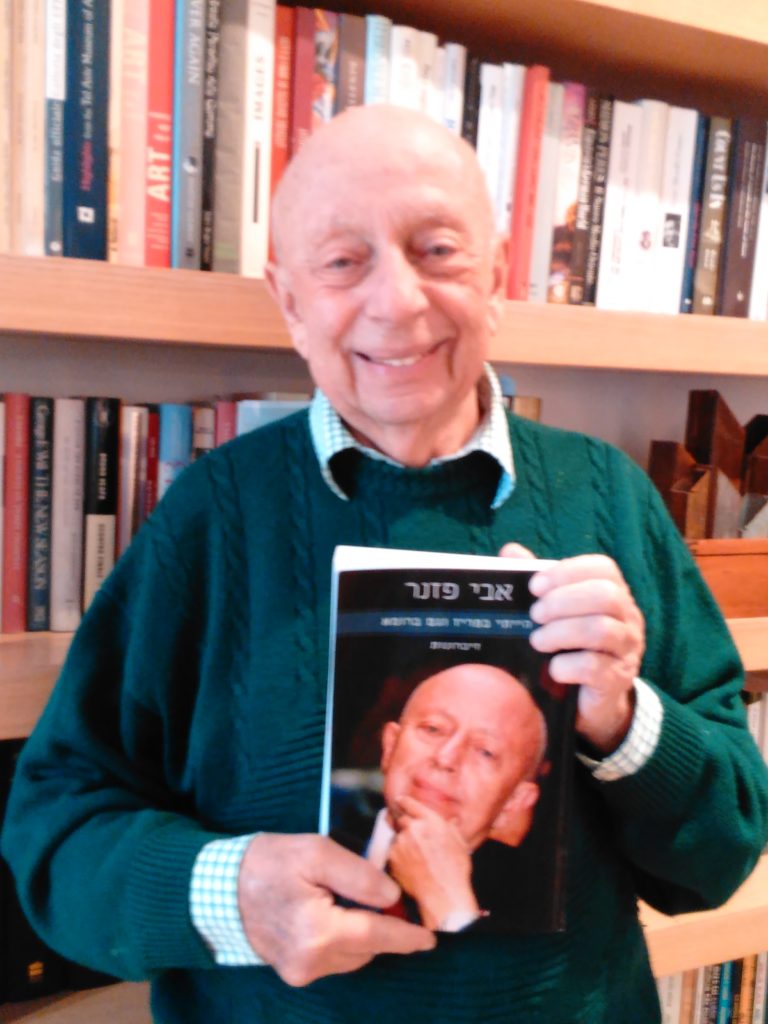 ご自分の伝記を手にするパズナー氏
ご自分の伝記を手にするパズナー氏